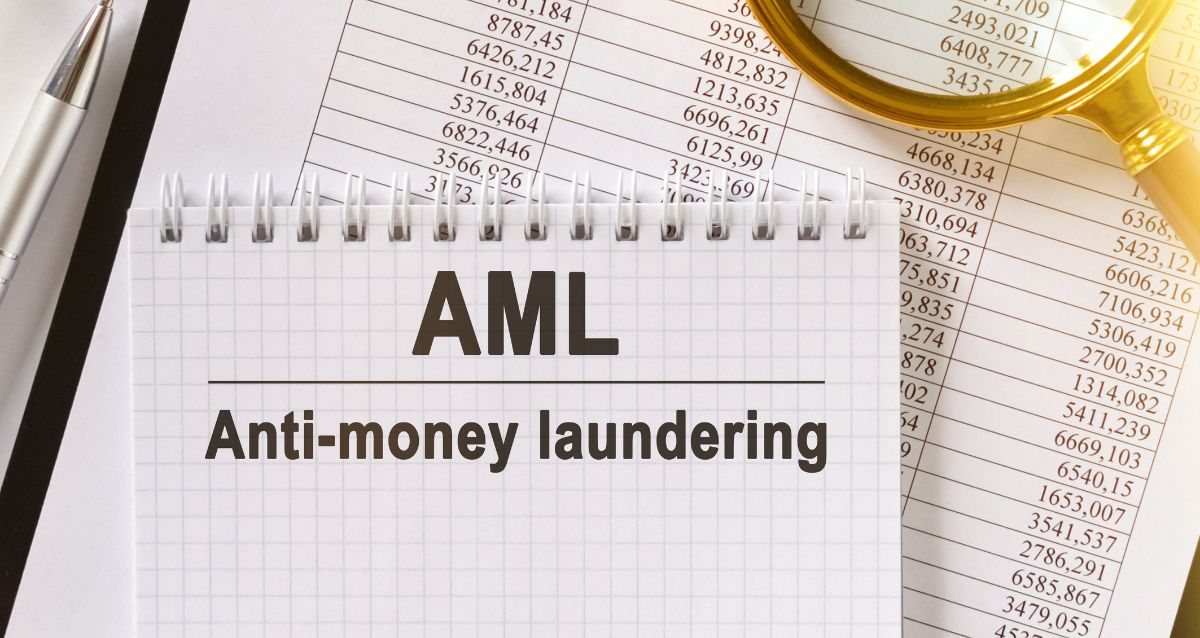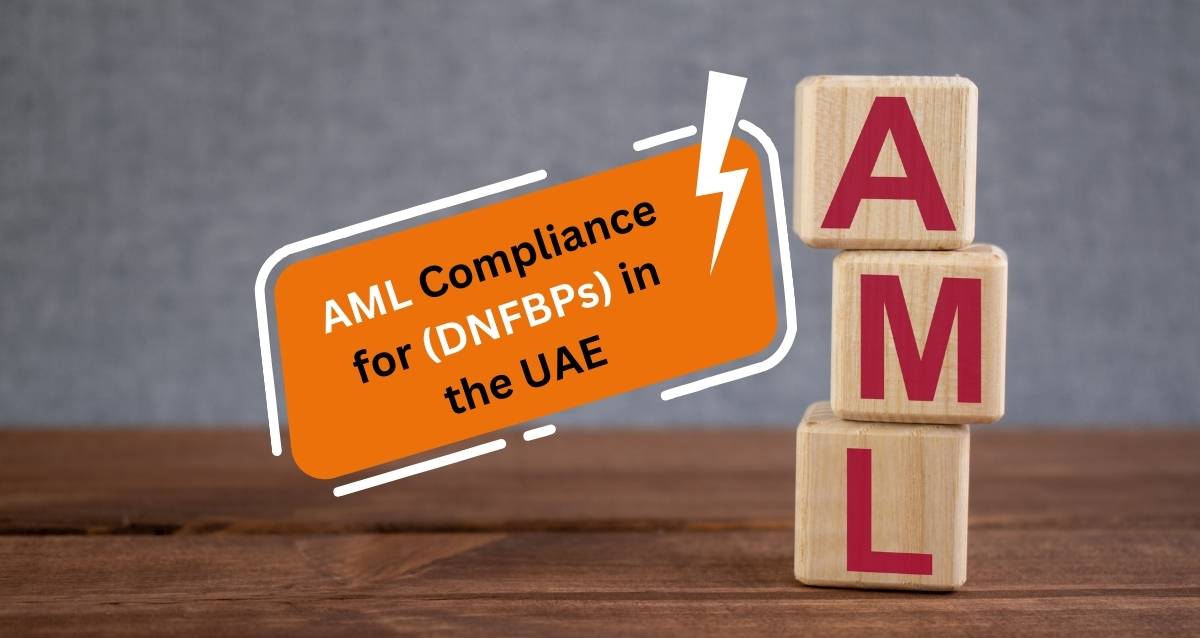Designated Non-Financial Businesses and Professions (DNFBPs) in the UAE
One of the biggest hurdles in our world is combating money laundering (ML) and financing of terrorism (FT). Despite having advanced technologies and artificial intelligence helping us, distinguishing between clean and dirty money is still a challenge which we face. Countries across the globe have built standards and guidelines to identify the traces of dirty money in their economy. The United Arab Emirates (UAE) has also demonstrated its commitment by aligning its financial and business systems with the international Anti-Money Laundering and Combating the Financing of Terrorism (AML/CFT) standards. As financial institutions are already bound by the rules and regulations of the authorities, the next available target falls on the Designated Non-Financial Businesses and Professions (DNFBPs), who have recently emerged as the key players in this framework.
In this blog, we will share a brief of the AML/CFT obligations for DNFBPs under UAE law, their roles, and responsibilities.

Who are DNFBPs?
According to the UAE's AML/CFT regulations, DNFBPs are defined as entities and professionals who cannot be traditionally classified as financial institutions but are more vulnerable to money laundering and terrorist financing risks considering their line of business. These include:
- Auditors and Accountants
- Lawyers, Notaries, and Legal Professionals
- Real Estate Agents and Brokers
- Dealers in Precious Metals and Stones
- Company and Trust Service Providers
- Any other businesses or professions classified as DNFBPs
Considering the nature of their work, DNFBPs are considered one of the easy and prime targets for illicit financial activities.
AML/CFT Legal Framework in the UAE
The UAE has already established its AML/CFT legal framework based on international standards and recommendations from the Financial Action Task Force (FATF), the Middle East and North Africa Financial Action Task Force (MENAFATF), and the Egmont Group of Financial Intelligence Units.
. The principal legislation governing AML/CFT compliance in the UAE includes:
- Federal Decree-Law No. 20 of 2018 on Anti-Money Laundering (AML), Combating the Financing of Terrorism (CFT), and Financing of Illegal Organizations.
- Cabinet Decision No. 10 of 2019 Concerning the Implementing Regulation of the AML Law.
- Guidelines for DNFBPs issued by the UAE's Competent Authorities.
These laws impose clear statutory obligations on DNFBPs to prevent and detect ML/FT activities.
AML/CFT Obligations for DNFBPs
It is a mandate for the DNFBPs operating in the UAE to adhere to a range of obligations to mitigate ML/FT risks effectively. Below are the key AML/CFT requirements:
1. Risk-Based Approach (RBA)
DNFBPs follow a Risk-Based Approach (RBA) to assess and mitigate ML/FT risks. As the name goes, RBA requires the DNFBPs to
- Categorise the entire customer base following the risk factors. The risk factors include- customer risk, geographic risk, and product/service-related risks.
- The process also includes continuously assessing these risks.
- Based on the risk factors associated, they are proportionately allocated resources.
The entire process is documented and kept ready to be provided to the Supervisory Authority upon request;
2. Customer Due Diligence (CDD)
Implementing an effective Customer Due Diligence (CDD) process is the next AML requirement for DNFBPs. These include:
- Identifying and verifying the identity of customers and beneficial owners.
- Understanding the nature and purpose of the business relationship and finally conducting an ongoing monitoring of customer transactions.
- In high-risk cases, particularly Politically Exposed Persons (PEPs) or customers/businesses from high-risk jurisdictions, an additional step of Enhanced Due Diligence (EDD) is also performed.
3. Suspicious Transaction Reporting (STR)/Suspicious Activity Reporting (SAR)
DNFBPs have to report all suspicious transactions/activity to the UAE's Financial Intelligence Unit (FIU) without delay. Key aspects of this obligation include:
- Identifying transactions with unusual and unrelated patterns, structures, or origins.
- Collecting the supporting documentary evidence and maintaining confidentiality when reporting to the authorities.
- No "tipping off" to the customers during the entire process.
4. Internal Policies and Controls
DNFBPs are required to establish internal policies, procedures, and controls by the dynamic nature of the AML/CFT trends, which include:
- Appointing a qualified and experienced Compliance Officer to maintain the AML/CFT compliance in the organisation.
- Integrating systems and alerts to detect and monitor suspicious activities.
- Regularly reviewing and updating AML policies and procedures in accordance to the global AML/CFT guidelines.
5. Staff Training and Awareness
DNFBPs are required to conduct regular training sessions for all its staff including compliance officer, senior management and board of directors to keep them informed and updated on the latest trends and risks associated with money laundering and terrorist financing, how to identify them and further report them to the reporting authorities.
6. Record-Keeping
DNFBPs are required to maintain proper records for a minimum of 5 years, which includes
- Customer identification and verification documents are submitted during the time of account opening.
- Addition documents collected during the course of business including Transaction details.
- All filed internal and external Suspicious Transaction Reports (STRs) and Suspicious Activity Reports (SARs)
These records must be readily available for review by any of the supervisory authorities which includes- the Ministry of Economy, the Ministry of Justice and the Financial Intelligence Unit (FIU).
Consequences of Non-Compliance
DNFBPs can be subject to numerous legal and financial penalties if found to be non-compliant with AML/CFT standards, which include-
- Fines and Penalties can range from AED 100,000* to AED 1,000,000* depending on the severity of the violation.
- Reputational Risk- There are numerous instances, wherein entities have faced reputational damage while failing to comply with AML/CFT laws, which has further led to destroyed business's credibility and client trust.
- Imprisonment of Senior management, compliance officers, or other involved staff if found guilty of negligence or deliberate violations
- Blacklisting of the entities or individuals
To avoid these consequences, DNFBPs must prioritize compliance and continuously update themselves per the evolving regulatory requirements.
Best Practices for DNFBPs- STAY COMPLIANT
To stay compliant, DNFBPs in the UAE should follow these best practices:
- Conduct regular risk assessments to identify irregularities and vulnerabilities.
- Address these irregularities and vulnerabilities, by appointing a qualified Compliance Officer.
- Establish clear AML policies and Conduct regular training sessions for all staff to make them understand the AML/CFT laws.
- Educate them to understand and identify the red flags and proceed with the reporting of irregularities to the authorities
- Document each finding and keep it ready for any supervisory authority of the Economy, Ministry of Justice and Financial Intelligence Unit (FIU).
- Implement updated technology-driven systems for monitoring and screening transactions and individuals.
Conclusion
Alongside the financial institutions, DNFBPs also play a vital role in the UAE's fight against money laundering and terrorist financing. By implementing dynamic AML/CFT measures, DNFBPs not only fulfil their legal obligations but also contribute in maintaining its integrity towards the UAE's business ecosystem. Compliance with AML laws requires a proactive approach, continuous risk assessments, customer due diligence, and regular training.
At Flying Colour Tax Consultant LLC, we help businesses to work together with the regulatory changes and ensure full AML compliance. For professional guidance on AML policies, risk assessments, and compliance solutions, contact us today.
To learn more about AML Compliance for Designated Non-Financial Businesses and Professions (DNFBPs) in the UAE, book a free consultation with one of the Flyingcolour team advisors.
Disclaimer: The information provided in this blog is based on our understanding of current tax laws and regulations. It is intended for general informational purposes only and does not constitute professional tax advice, consultation, or representation. The author and publisher are not responsible for any errors or omissions, or for any actions taken based on the information contained in this blog.


